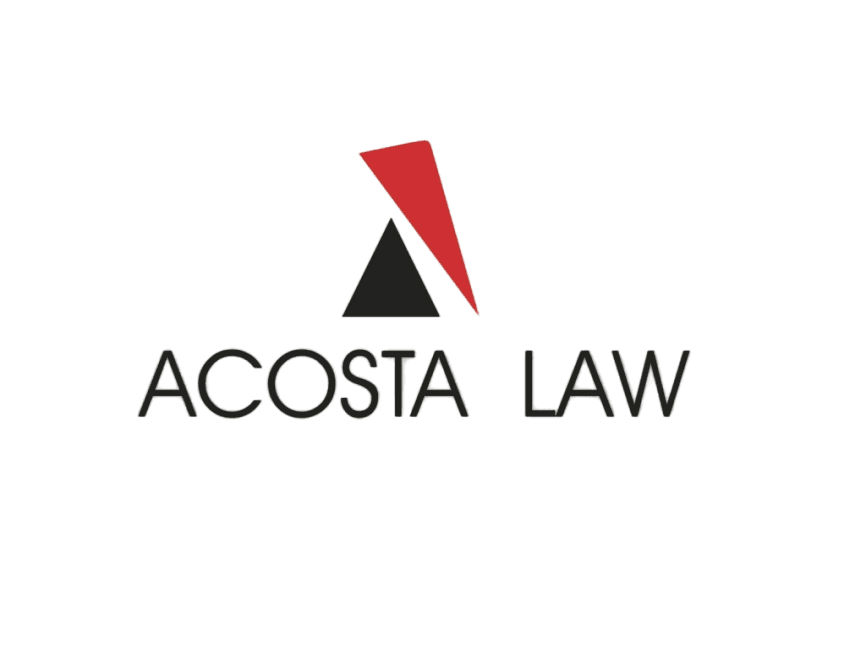Comparing Debt Relief Options: Which is Right for You?
Understanding Debt Relief Options
Facing overwhelming debt can be a stressful experience, but fortunately, there are several debt relief options available to help you regain control of your finances. Each solution has its benefits and drawbacks, depending on your financial situation. Before choosing a path, it's essential to understand what each option entails and how it can impact your financial future.

Debt Consolidation
Debt consolidation involves combining multiple debts into a single loan with a lower interest rate. This option simplifies the repayment process, allowing you to make one monthly payment instead of several. It's an excellent choice for those with good credit who can secure a loan with favorable terms. However, consolidation doesn't reduce the total amount owed; it merely restructures it.
When considering debt consolidation, ensure that the new interest rate is significantly lower than your current rates. Be wary of extended repayment terms, as they can lead to paying more interest over time.
Credit Counseling
Credit counseling agencies offer guidance and support for individuals struggling with debt. These non-profit organizations help create a personalized debt management plan (DMP) and may negotiate with creditors on your behalf. A DMP typically involves consolidating your payments through the agency, which then distributes funds to your creditors.
While credit counseling can provide valuable assistance, it's crucial to work with a reputable agency. Look for organizations accredited by the National Foundation for Credit Counseling (NFCC) or the Financial Counseling Association of America (FCAA).

Debt Settlement
Debt settlement involves negotiating with creditors to reduce your total debt in exchange for a lump-sum payment. This option is typically pursued by those who cannot pay their debts in full and are considering bankruptcy. While debt settlement can result in significant savings, it also has drawbacks, such as a negative impact on your credit score and potential tax liabilities on the forgiven amount.
If you choose to pursue debt settlement, consider working with a professional negotiator or company that specializes in this process. Ensure they have a proven track record and clear fee structures.
Bankruptcy
Bankruptcy is often considered a last resort for individuals unable to manage their debts through other means. It offers a legal pathway to discharge certain debts or restructure repayment plans under court supervision. Chapter 7 bankruptcy can eliminate unsecured debts such as credit card balances, while Chapter 13 allows for a repayment plan based on your income.

Filing for bankruptcy can have long-term consequences on your credit report and ability to obtain future credit. It's essential to consult with a qualified bankruptcy attorney to understand the implications and determine if this option is suitable for your situation.
Choosing the Right Option
Selecting the appropriate debt relief option depends on various factors such as your total debt amount, income level, and financial goals. Here's a quick recap:
- Debt Consolidation: Best for those with good credit seeking to simplify payments.
- Credit Counseling: Ideal for individuals needing guidance and structured repayment plans.
- Debt Settlement: Suitable for those unable to pay in full but can offer a lump sum.
- Bankruptcy: Considered when other options are not viable.
No matter which path you choose, taking proactive steps to address your debt is critical. By understanding each option's pros and cons, you can make an informed decision that aligns with your long-term financial health.
